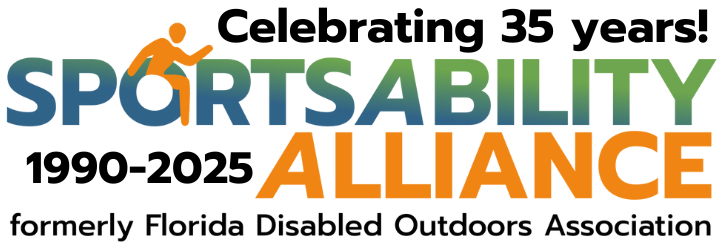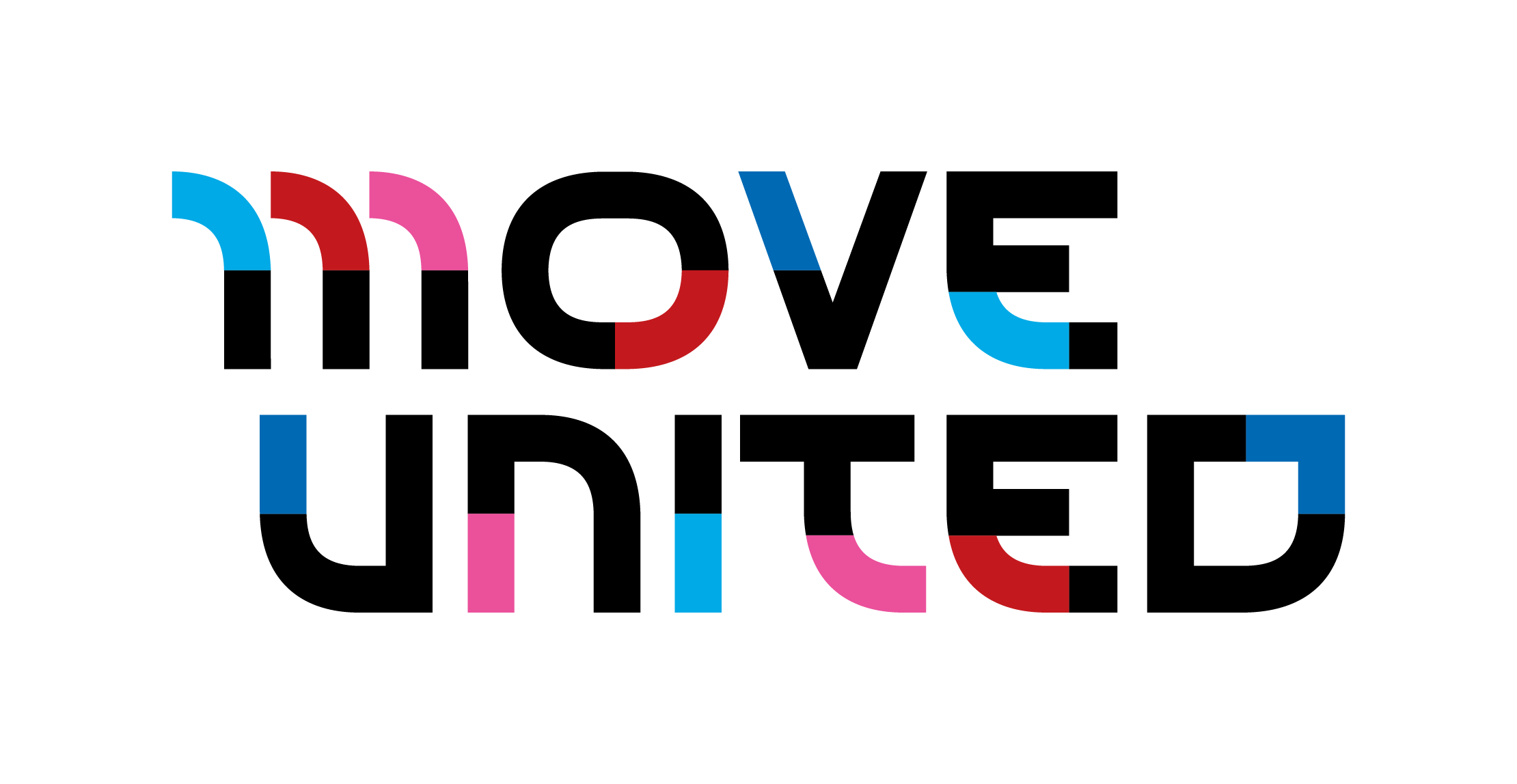SportsAbility Alliance and all our events are for people of all abilities. Athletes can choose to be as competitive, or not, as they would like, and everyone is able to participate! However, for those athletes looking for something a little more competitive, Special Olympics may be a good option to consider. Special Olympics offers many different sports and does have requirements in order to participate. Here is some more information!
“Special Olympics is important, as it empowers and provides inclusion for special needs athletes. I learned a great deal about patience and will power from Special Olympics athletes, that I may have never experienced if not for Special Olympics,” said Special Olympics Coach Gladys Liehr.
What is the Special Olympics?
Special Olympics is an international program that provides individuals with intellectual disabilities that are eight years or older access to year-round sports training and athletic competition in more than 20 Olympic-type summer and winter sports. Inaugurated in 1968, the Special Olympics was officially recognized by the International Olympic Committee on February 15, 1988. International headquarters are in Washington, D.C.
By the early 21st century there were chapters in nearly 200 countries. More than one million athletes participate annually in some 20,000 meets and tournaments held worldwide, culminating in the international Special Olympics World Games every two years, alternating between winter and summer sports and each lasting for nine days.
How can you participate in the Special Olympics?
In Florida, the best way to get access to Special Olympics competitions and events is through Special Olympics Florida. Special Olympics Florida provides all kinds of quality year-round sports training and competition throughout Florida. Their goal is to help athletes unlock their potential, while serving them with programs promoting inclusion and acceptance both virtually and in-person.
If you want to learn more details of the programs Special Olympics Florida provides, please visit their official website (https://www.specialolympicsflorida.org) and click “Our Programs” and “Get Involved” to find relevant information. You can also find information about upcoming events in the "Event" section.
How can you become a Special Olympics Athlete?
Becoming a Special Olympics athlete is extremely exciting and very interesting, as you are able to enjoy the fun, different sports they offer. But not just anyone can join the Special Olympics! Special Olympics is for people who have an intellectual disability, or ID. The goal of the Special Olympics is to reach out to the nearly 200 million people in the world with an ID to let them enjoy the joy and fun brought by playing sports. 5 million Special Olympics athletes—ages 8 years old and up—come from more than 170 countries. There is now also a Young Athletes program for children ages 2 to 7. At all ages and in every country, athletes who participate in Special Olympics are learning new skills, making new friends and gaining in fitness and confidence. “Special Olympics is important, as it empowers and provides inclusion for special needs athletes. I learned a great deal about patience and will power from Special Olympics athletes, that I may have never experienced if not for Special Olympics,” said Special Olympics Coach Gladys Liehr.
Difference between The Paralympics and Special Olympics
The Paralympics and Special Olympics often get confused with one another. Here is a chart to highlight the main differences between these sports organizations. Both of these organizations create platforms for people with disabilities to be able to compete in sports, but they differ in their intentions. While the Paralympics values competition and elite skill levels, the Special Olympics values the power sports must allow people to reach their full potential.
|
Topic |
Special Olympics |
Paralympics |
|
|
Ages |
6 years old or older |
(usually) 18 years old or older |
|
|
Selection Process |
Random Selection |
International qualifier competition or threshold times or other international selection procedures |
|
|
Philosophy |
“Power of sport to help all who participate fulfill their potential” |
Elite athletes whose stringent training is done with personalized coaches/ training staff for international competitions leading to World Championships and Paralympic Games |
|
|
Eligible Disabilities |
Intellectual Disabilities |
Physical, Visual, and Intellectual Disabilities |
|
|
Types of Competition |
Local and international |
International only (with some domestic qualifying opportunities) |
|
|
Frequency of Competitions |
Local competitions happen year-round ; World Games happen alternating odd years (since 1977) switching between summer and winter |
Accompanies Olympics (winter and summer); Hosted at the same venues (about 2 weeks after Olympics ends) |
|
|
Number of Sports |
32 total: 20 Summer, 9 Winter, 3 (not at World Games) |
28 total: 22 Summer & 6 Winter |
|
|
Sports for People with Intellectual Disabilities |
All 32 sports |
Certain events in: Track & Field, Swimming & Table Tennis |
|
|
Countries Represented |
170 |
182 |
|
|
First International Competition |
Summer 1968 (Chicago, IL, USA) |
1960 (Rome, Italy) |
|
|
Headquarters |
Washington D.C., USA |
Bonn, Germany |


